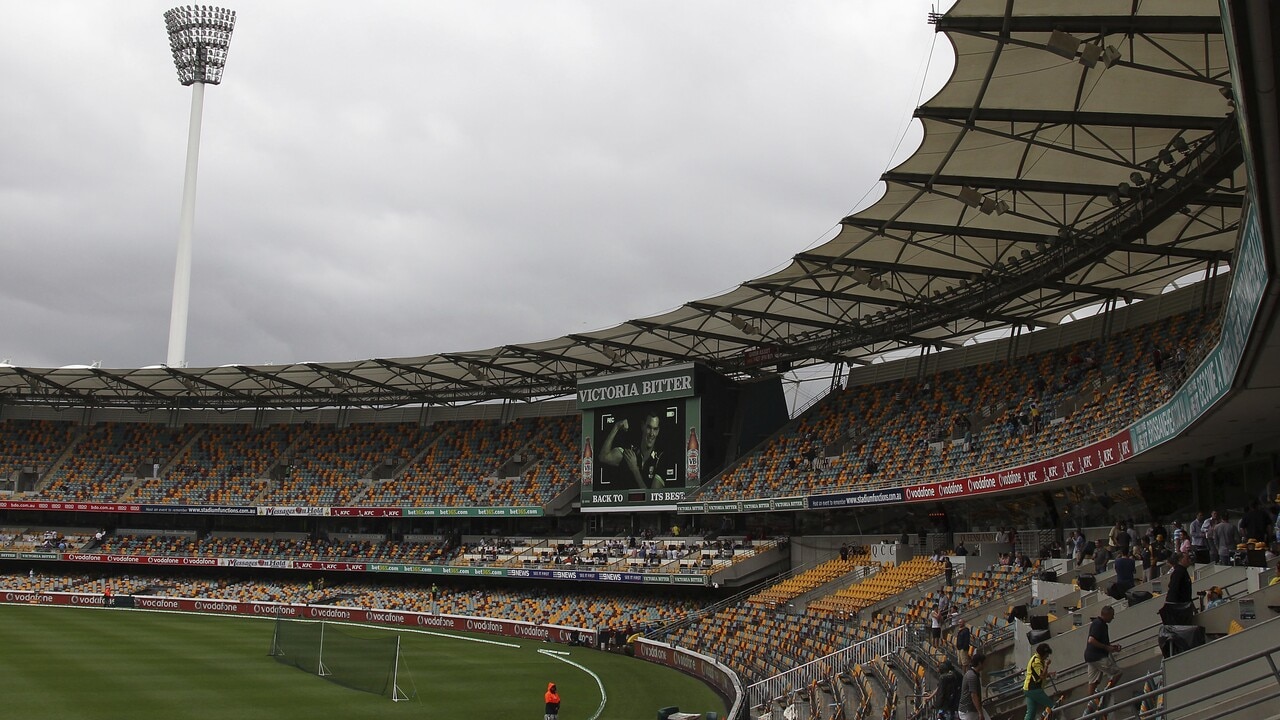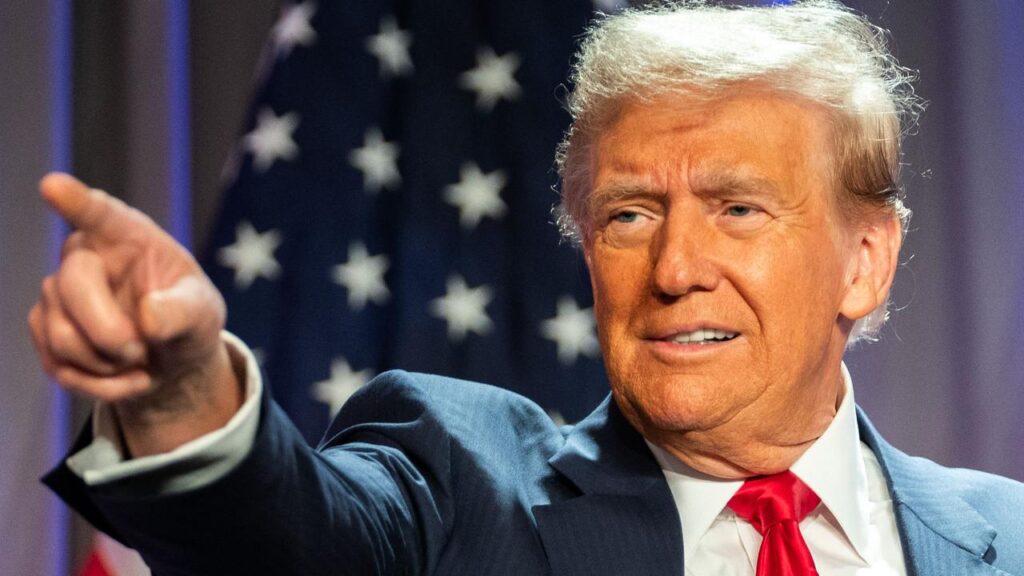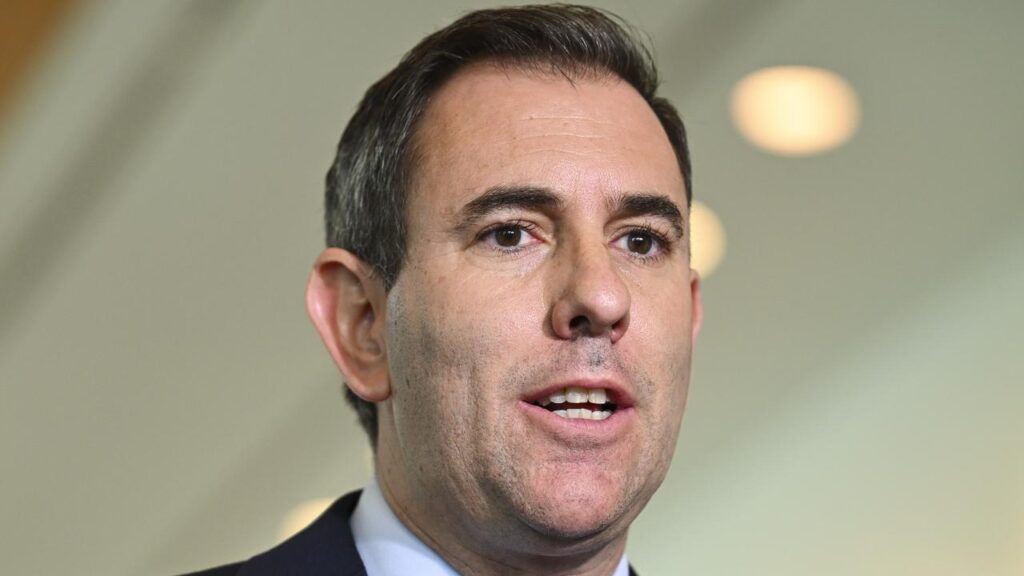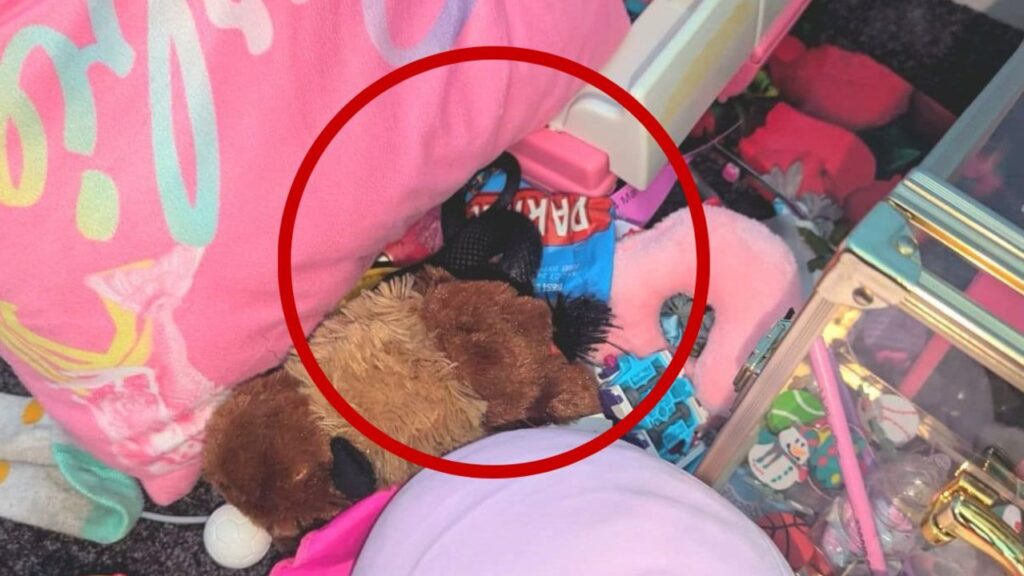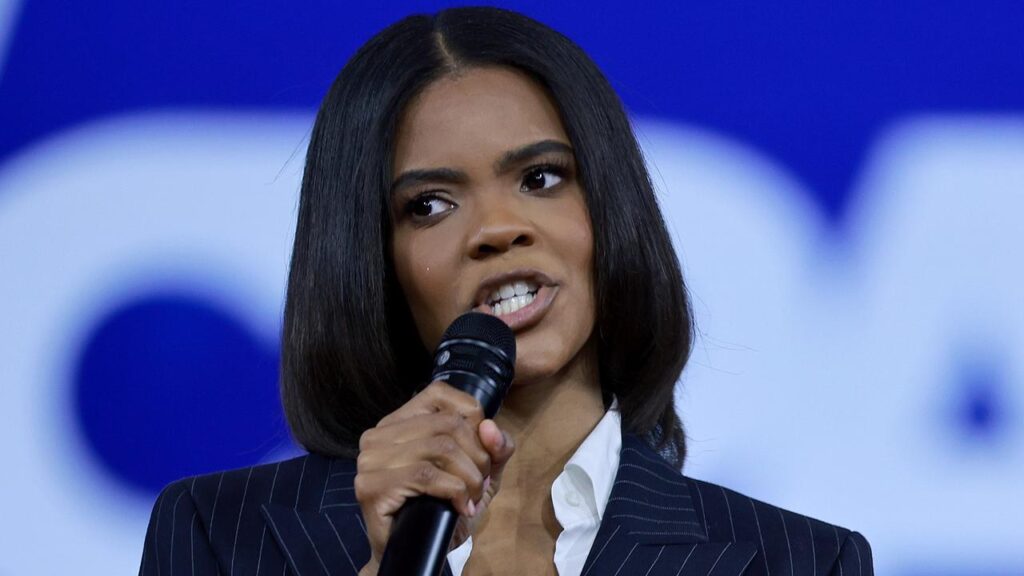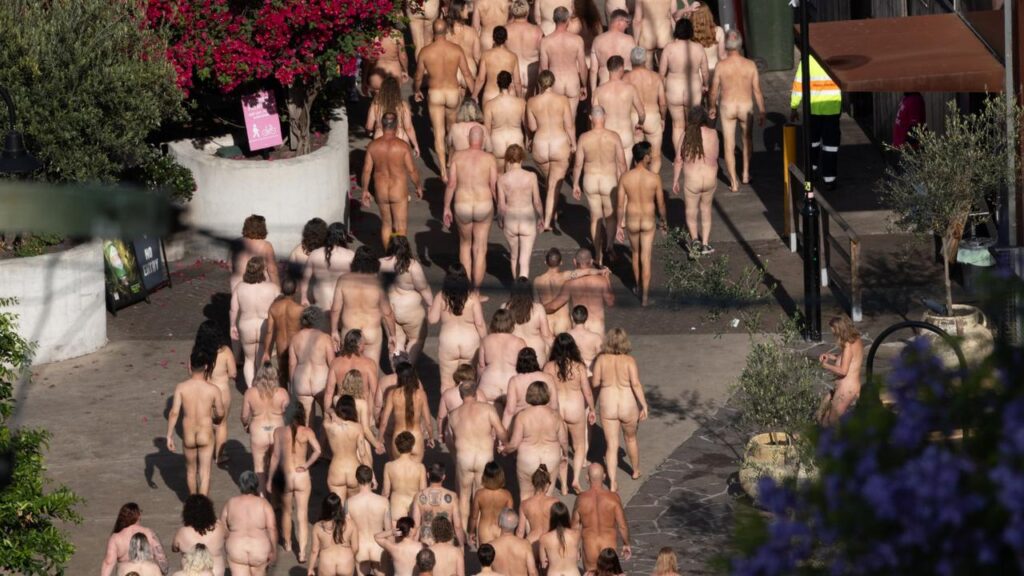New premier’s huge Olympic call
Written by admin on October 27, 2024
Queensland Premier-elect David Crisafulli has only just grabbed power in the Sunshine State, but he looks set to quickly transform Brisbane’s 2032 Olympics legacy with a huge call on the proposed venues.
Speaking with reporters on Sunday morning after a tight election victory over Labor Premier Steven Miles, Mr Crisafulli said he agreed with former Premier Annastacia Palaszczuk’s call that hosting the Games’ marquee athletics events at the modest Queensland Sports and Athletics Centre would be “going backwards”.
“I might just allow the former premier to be able to put her point of view across and I’ll put mine,” he said.
“And that is, within 100 days Queenslanders will see a plan that they are proud of and in doing so, we can restore faith in that process.”
The state government has oscillated for years over whether to pursue a $2.7bn upgrade of Brisbane’s iconic Gabba Stadium in inner-city Woolloongabba or build an entirely new stadium at Victoria Park at an estimated cost of $3.4bn as part of the city’s Olympics infrastructure legacy.
In March this year, Mr Miles rejected both options, and instead opted to funnel $1.6bn to upgrade QSAC to host 40,000 spectators and then hold the opening and closing ceremonies at Suncorp Stadium.
QSAC’s current full capacity is 48,500 seats and the stadium is also located about 12km from the CBD.
Mr Crisafulli has repeatedly slammed the QSAC proposal, which he has called a “thought bubble” and an “embarrassment”.
He said he had spoken with Prime Minister Anthony Albanese about the Olympics in a Sunday morning phone call.
“I spent a considerable amount of time talking to the Prime Minister about that and we intend to speak directly to the (federal) sports minister (Anika Wells), who is a Queenslander, and I reckon we can get a good outcome.”
Mr Crisafulli has also previously said he would not commit to a new stadium, which means a Gabba rebuild could be on the cards.
The federal and Queensland governments have agreed to a $7.1bn “funding envelope” for the Games.
The federal government will finance a new $2bn “Brisbane Arena” at the Roma Street Station precinct, which is expected to host swimming events.
Earlier in the year, former Brisbane Mayor Graham Quirk led a 60-review of Queensland’s infrastructure for the Games, and ultimately recommended a new stadium at Victoria Park to replace an “end of life” Gabba.
“Brisbane needs a world class stadium and arena,” the review states.
“A greenfield stadium at Victoria Park, with up to 55,000 seat capacity in legacy and 50,000 seat capacity during the Games, would likely cost between $3bn and $3.4bn depending on scope options chosen, however it provides an opportunity to deliver the best outcome and overcomes many of the shortcomings faced at the Gabba due to its space restrictions.
“The Gabba rebuild, up to 55,000 seat capacity in legacy and 50,000 seat capacity during the Games, costed on a comparable basis, is likely to now cost around $3bn, plus $185m to $360m in displacement costs for AFL and cricket.
“A new stadium at Victoria Park enables a smooth transition, for cricket, AFL and other major events, from the Gabba to the new stadium.
“The review has been advised that the minimum cost to keep the Gabba operational until 2032 is around $400m to $500m, the cost to extend the life of the Gabba beyond 2032 and upgrade the venue to modern code compliance is around $1bn.
“Due to the cost of a new stadium, the panel carefully considered an option to upgrade QSAC Stadium to 40,000 seats for the Games, with 14,000 seats in legacy mode, at a cost of $1.6bn and keep the Gabba operational and compliant beyond 2032 at a cost of $1bn.
“The combined cost of upgrading QSAC plus keeping the Gabba operational and compliant beyond 2032 is comparable to building a new stadium.
“However, it delivers significantly less legacy and commercial benefit.”
The LNP has secured majority government in Queensland, winning at least 47 seats in Saturday’s election.
The conservative party will now rule for a four-year term until 2028.
Read related topics:Brisbane

